Sexually transmitted infections (STIs) are infections that can be contracted through unprotected sexual activity, including anal, oral, or genital contact. These infections are caused by bacteria, viruses, or parasites that can be transmitted through semen or other bodily fluids. Here is a list of some common STIs that you should be aware of:
1 Chlamydia
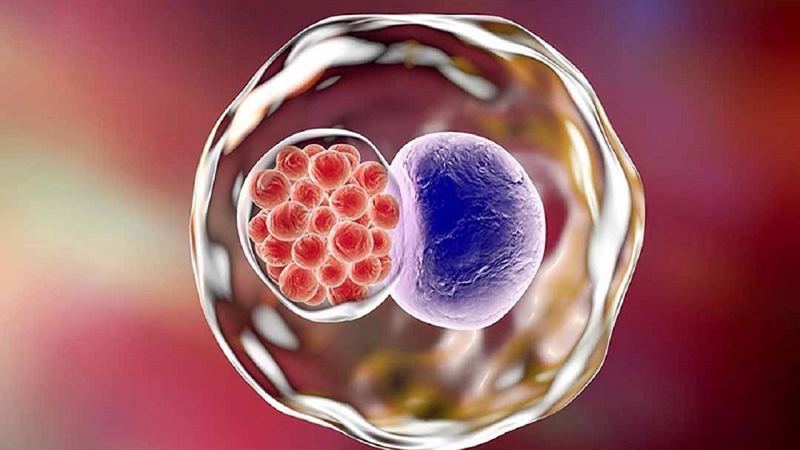 Chlamydia
Chlamydia
Chlamydia is an infection caused by the bacteria Chlamydia trachomatis, which can affect both men and women. Like other STIs, Chlamydia often presents no noticeable symptoms, but it can still be transmitted to others.
Chlamydia can be spread through urine, saliva, or vaginal fluids during contact. Treatment typically involves a single dose or a course of antibiotics over seven days.
2 Gonorrhea
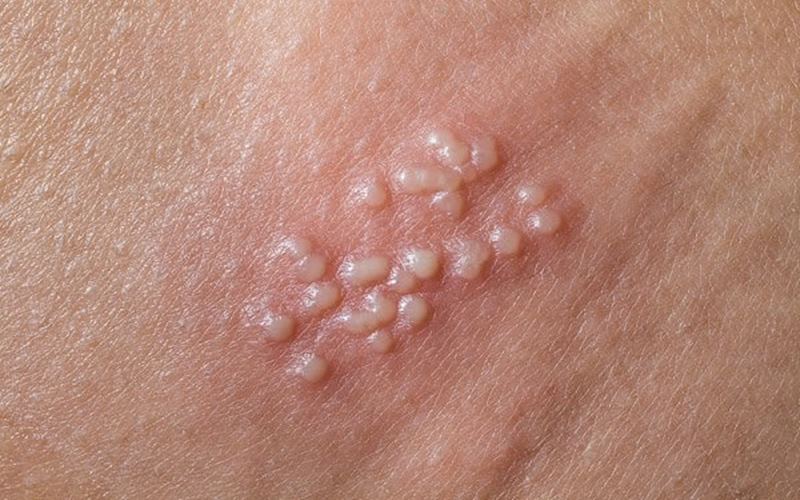 Gonorrhea
Gonorrhea
Gonorrhea is caused by the bacterium Neisseria gonorrhoeae and is usually transmitted through sexual contact, including oral and anal intercourse. It can also be passed from a pregnant woman to her child during childbirth. Gonorrhea often has an incubation period of 2-7 days, and symptoms may be mild or non-existent. If left untreated, gonorrhea can lead to serious complications in women, such as pelvic inflammatory disease, infertility, or miscarriage.
Due to the increasing prevalence of antibiotic-resistant strains, the risk of reinfection remains high even with antibiotic treatment.
3 Syphilis
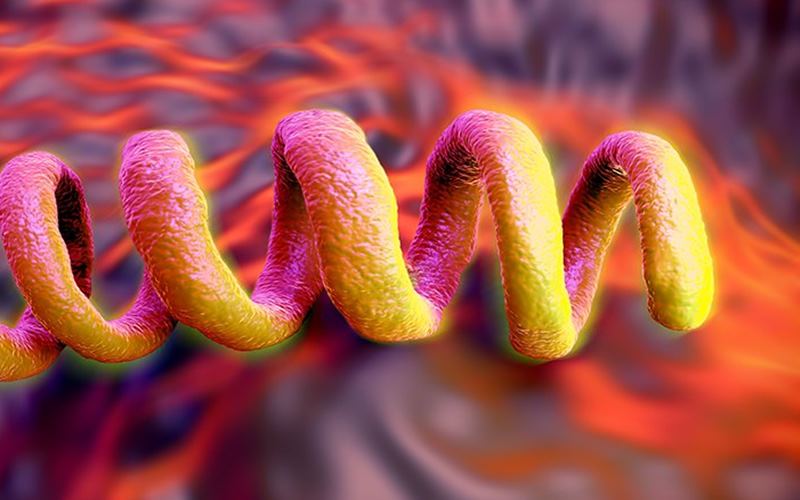 Syphilis
Syphilis
Syphilis is an STI caused by the bacterium Treponema pallidum. It can be transmitted through sexual contact, including oral, anal, and genital contact, affecting both men and women. Syphilis typically progresses through three stages, but about 50% of infected individuals show no symptoms and are only diagnosed through serological testing. Fortunately, syphilis can be effectively treated with antibiotics if detected early and managed appropriately.
4 Trichomonas vaginalis
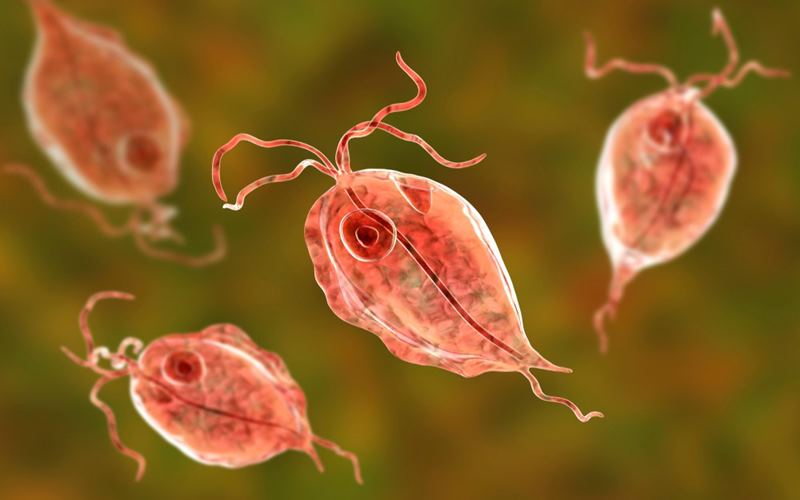 Trichomonas vaginalis
Trichomonas vaginalis
Trichomonas vaginalis is an STI caused by a parasite. Infection may not cause significant symptoms, but it can still be transmitted through close contact. Typically, mild to moderate symptoms appear within 5-28 days of infection.
In women, Trichomonas vaginalis can cause a green-gray vaginal discharge, while men may experience itching or irritation of the penis. Both sexes may feel pain during sexual intercourse.
5 Genital Herpes
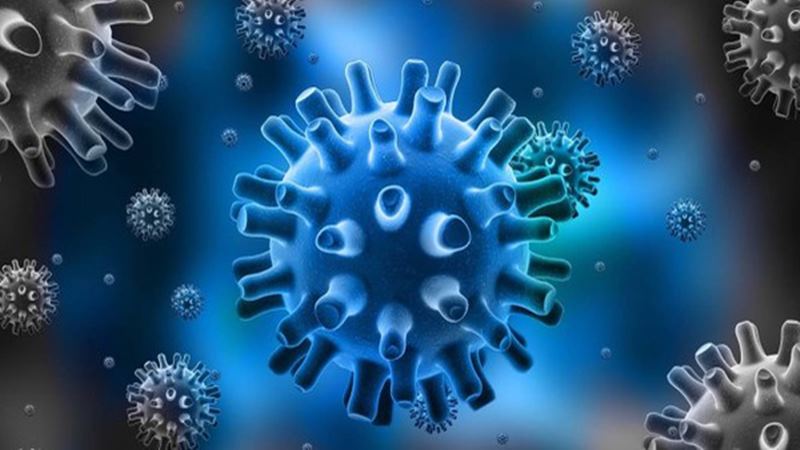 Genital Herpes
Genital Herpes
Genital herpes is a common STI caused by the virus Human Papillomavirus (HPV). Both men and women can contract genital herpes, but women are more susceptible due to the favorable environment for HPV in the vaginal tract. If left untreated, genital herpes can lead to serious complications during pregnancy, including miscarriage, fetal death, or preterm labor.
6 Genital Warts
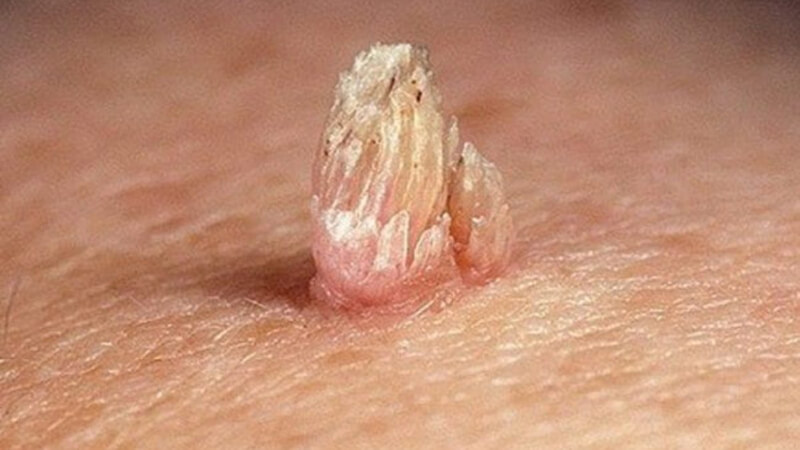 Genital Warts
Genital Warts
Genital warts are another manifestation of HPV infection, and both men and women are susceptible, with women having a higher likelihood of infection. Untreated genital warts can lead to similar complications during pregnancy as mentioned above.
7 Genital Human Papillomavirus (HPV)
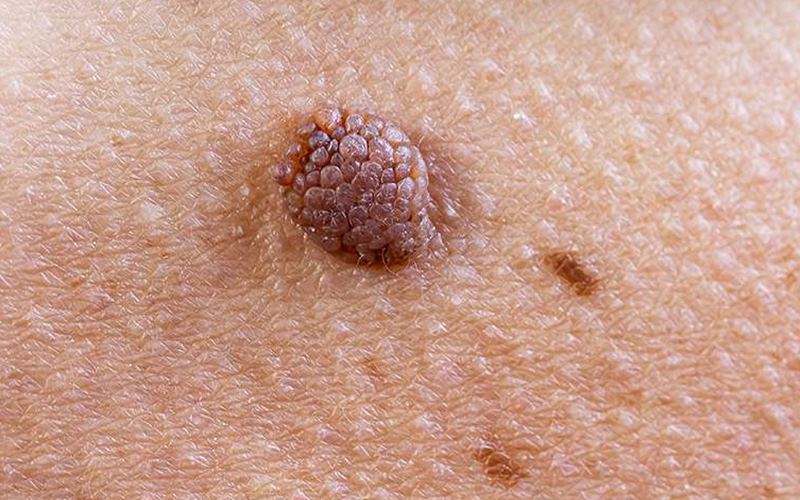 Genital HPV
Genital HPV
Genital HPV is caused by the Human Papillomavirus, and it is primarily transmitted through sexual contact or close skin-to-skin contact. The most noticeable sign of HPV infection is the development of genital warts in both men and women. In most cases, genital warts will disappear on their own without causing significant complications.
8 Pubic Lice
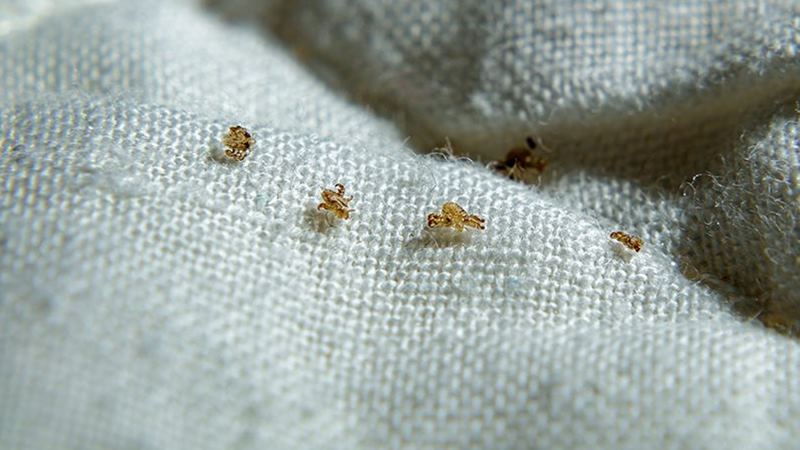 Pubic Lice
Pubic Lice
Pubic lice are small parasites that live in the pubic hair or genital area. They feed on human blood, usually from the genital region, and can be transmitted through close contact. The most common symptom of pubic lice is intense itching in the genital area, and you may even see lice or their eggs (nits) in this region.
9 HIV/AIDS
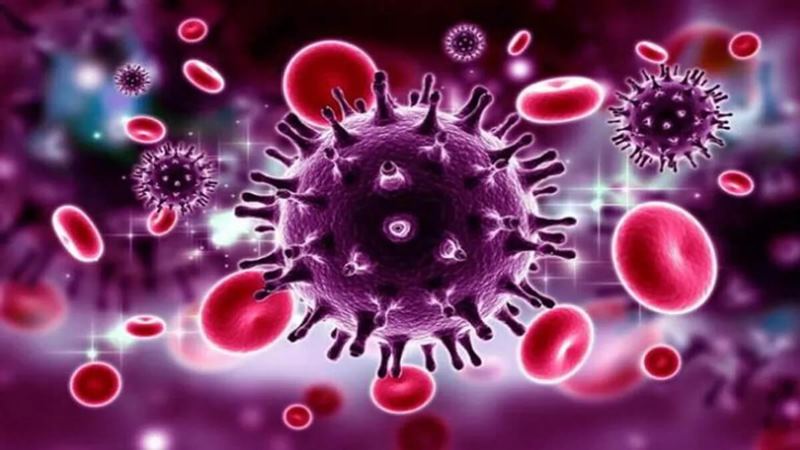 HIV/AIDS
HIV/AIDS
HIV stands for Human Immunodeficiency Virus, and it attacks the body’s immune system. If left untreated, HIV can progress to AIDS, completely destroying the immune system and leaving the body vulnerable to other infections and health issues. HIV can be transmitted in various ways, but the most common method is through unprotected sexual intercourse or blood-to-blood contact.
10 Soft Chancre
 Soft Chancre
Soft Chancre
Soft chancre is caused by the bacterium Haemophilus ducreyi and is characterized by painful, swollen sores and raised scars in the genital region. Diagnosing soft chancre can be challenging due to the lack of extensive research on this condition. Early treatment with antibiotics is crucial for managing this infection.
11 Hepatitis B
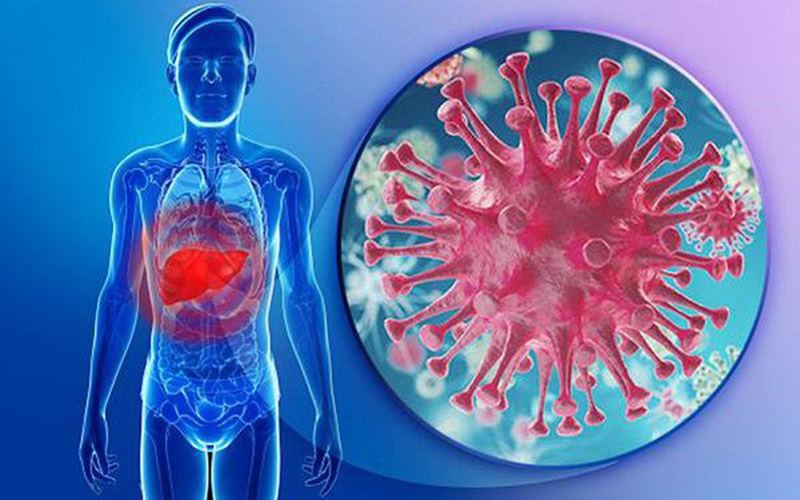 Hepatitis B
Hepatitis B
Hepatitis B is a viral infection that is primarily transmitted through sexual contact and blood. The Hepatitis B virus spreads much faster than HIV, with a transmission rate 50-100 times higher during unprotected sexual intercourse. Often, there are no specific symptoms when infected with Hepatitis B. If left untreated, it can lead to serious complications such as chronic hepatitis, cirrhosis, or liver cancer.
This article has provided an overview of 11 common STIs. Knowing about these infections is essential for protecting your health and well-being.
Source: Tamanhhospital.vn
Should You Use Condoms or Birth Control Pills?
Contraceptive pills and condoms are both effective methods of birth control with high success rates. However, it is important to understand their unique advantages and disadvantages to make an informed decision. Each person’s needs are unique, and understanding these methods is crucial for making the right choice for your body and lifestyle.

































